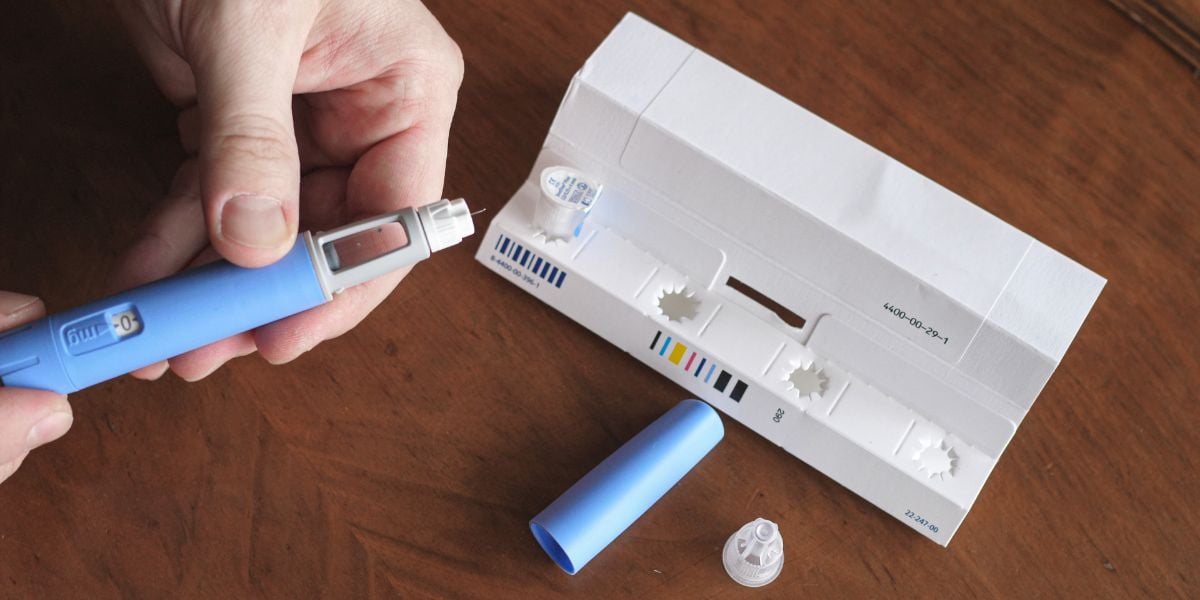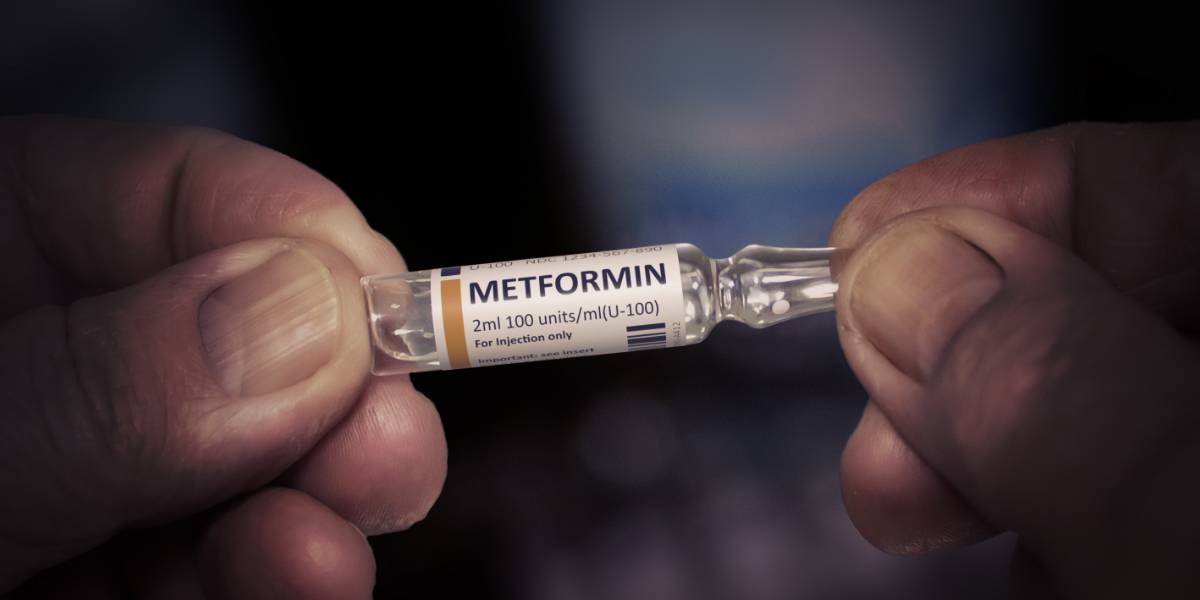Studies have showed that Actos (pioglitazone) is linked statistically with an increased risk of bladder cancer – suggesting Actos could double the risk of getting bladder cancer.
Studies indicate that people with bladder cancer amongst people with type 2 diabetes not taking Actos were 0.07% and 0.15% amongst those taking Actos.
Should I keep taking Actos?
The advice from the European Medicines Agency is to keep taking Actos unless your doctor suggests otherwise.
Whilst the risks of developing bladder cancer are increased, the EMA believes the increased risks do not necessarily outweigh the benefits of taking Actos.
People with an increased risk of bladder cancer, such as people who smoke, have had a career that has seen them exposed to industrial chemicals or are over 60 would be advised to discuss the risks with their doctor.
Has Actos been banned in France and Germany?
France has taken the precautionary measure of suspending the use of Actos.
In Germany and Luxembourg, doctors are not prescribing Actos whilst further investigations are taking place.
In the rest of Europe and the USA, doctors have been urged to be cautious in prescribing Actos, particularly in older patients.
How can bladder cancer be spotted?
The most common symptom of bladder cancer is the presence of blood in the urine, which may be noticed as red or brown coloured urine or as clots or streaks of blood.
Other symptoms of bladder include pain whilst urinating and an urgent need to urinate.
The symptoms are not a definite sign of bladder cancer, but you are advised to report the symptoms to your doctor immediately you recognise them.
Doctors are being advised to discuss treatment options for patients taking Actos at their next treatment review.
- Read more on bladder cancer and diabetes







